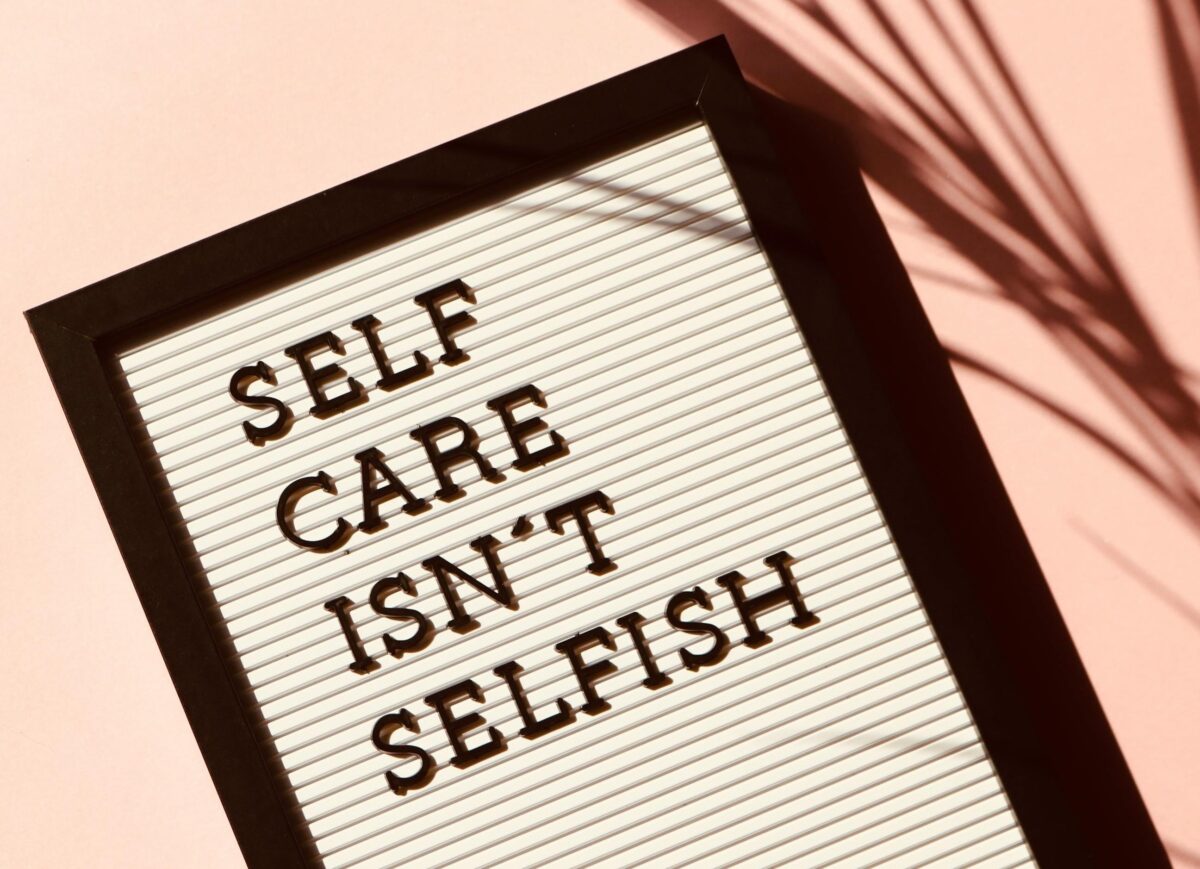Tali Green recently (sarcastically)asked the following question on LinkedIn: “Are lazy and sub-par juniors contributing to the mental health crisis in the legal profession?”
She quoted the following from an article suggesting that this is the case:
“The pressure is particularly high on law firm partners, who as owners of the business carry the responsibility of … managing the expectations of Gen Z lawyers demanding a better work-life balance. Skill shortages among junior lawyers who trained remotely during the pandemic have added to this burden, increasing the reputational and liability risks on their supervising partners… If you can’t have the same level of reliance that you used to have on young people then that pressure comes back on to you to make sure it’s right… a US law firm based in London, resolves this challenge by carefully hiring lawyers who are eager to work hard, and is upfront with recruits about its extremely high expectations…”
Tali invited me to weigh in, which is much like the time when one of my least favourite partners handed me a microphone at a firm event when I was in one of my less grateful moods.
So here goes:
Managing a law firm is indeed difficult because the pace of change is constantly accelerating. It is even more challenging if you think that leadership means finding ways not to change.
Back when I was a partner in a law firm, I thought much the same way. The young people did not want to work as hard as I did when I started out. They should sacrifice their physical and mental health and relationships just like I did. I kept trying to recruit young folks who thought like old folks.
But of course, I was an idiot. I had bought into the old definition of success where you work ridiculous hours and sacrifice everything else, and then when you crash and burn everyone says, “oops, there must have been something wrong with him. What a shame. And he seemed so normal.” (Okay, they never said the thing about appearing normal in my case.)
No, what the authors of these comments do not get is that leadership is about addressing change. If the young folks did not get the training they needed during the pandemic and have not yet caught up, whose fault is that? I am going with firm leadership.
And if the new generation wants to work in a healthier manner, should management address the ‘problem’ by looking for people who want to continue to work themselves into mental health issues, or figure out how to change their firms so that working does not make people sick? Perhaps decrease billings targets, hire more lawyers, and earn less money, at least in the short term?
Someone smart once said that very few people make it their goal to go to work and be incompetent. Do senior lawyers who find themselves surrounded by incompetent associates really not see their part in that? Their really, really, big part?

2 replies on “Is it the Lazy Junior Lawyer’s Fault?”
“Perhaps decrease billings targets, hire more lawyers, and earn less money” but should this not also apply to the student-at-law and young lawyers who want lower billable targets? But they want to work less for the same pay.
Hi Patricia. Nice to hear from you. You make a valid point. The starting point for the discussion is whether the student-at-law or young lawyer are overpaid to start with. In Toronto, where law school tuition alone can exceed $30,000 per year, students can easily graduate with over $100,000 in student debt and the smallest apartment downtown will be over $2,500 a month. People need salaries which will cover that plus their living expenses. At the same time, it is fair to acknowledge that with those high salaries, students and young lawyers may not pay for themselves in their early days because they graduate so unprepared to practice law and considerable time is needed to train and mentor them, with the attendant high write-offs of time.
On the other hand, this mess is not of their making. We lawyers (at least in Canada) have created a culture of short-term profits and lack of loyalty so firms are less willing to invest in people who may not be with them over the long term. At the same time, we have reduced the profession’s funding of the Bar Admission Course which has been cut back in scope so that students graduating are more unprepared than ever. Also at the same time, the large firms have not used their financial and other clout with the law schools to insist that they actually prepare people to practice law.
The next question is whether partners are already earning too much. One could argue that if the only way for partners to earn what they are earning is for the juniors to work their way into physical and mental illness, then perhaps the partners ae already earning too much. Perhaps over the course of my career I went from being a capitalist to a closet socialist, but I find it hard to understand why senior partners in large firms need to earn over $1,000,000 if the only way to do it is to have juniors work 1,800 to 2,200 billable hours. The same is true of partners in smaller firms, although the scale is different. Perhaps $550,000 is too much to earn if your juniors have to work like that for you to earn it.
In my opinion, it is too simple to say that lawyers want to work less for the same pay as if that is necessarily a bad thing if the starting point is already unreasonable. Keep your eye out for my next article this week where I suggest that the entire problem in the legal profession is that it is based on a culture of greed.